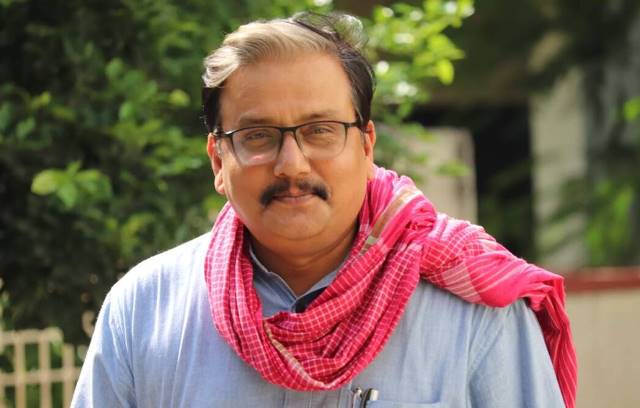For Devashish Jarariya, getting to grips with his caste was a life-changing development. He became a student activist and then joined the Bahujan Samaj Party to fight the caste discrimination he experienced during his school days. His perspective:
I was born in a middle-class family. My father was a government employee. We moved to the city when I was about six years old. I didn’t face any comment on my caste until I came to Class 9, though it’s not like I didn’t know what my caste is. In primary classes, I used only my name without my surname.
My father used the surname Jatav so my teachers added it to my name. It was in Class 8 that I used my family name for the first time. Some people still ask me why I don’t use the surname my father did.
The first instance of discrimination I remember is from Class 9 when a classmate refused to eat with me, saying I was a “low caste” and that his parents would thrash him if they got to know. Some classmates supported me, and I faced that situation. Later on, that classmate became one of my best friends. As one grows older, caste becomes like the air you breathe day in and out. I got by, however, because most of my friends were from the general category both in school and college. We did talk about caste, but it was peaceful: it seems caste has its boundaries, and if nobody crosses them coexistence is pretty much easier.
In my village, every caste has its own cluster of homes. I rarely visited other caste neighbourhoods in my childhood, something I don’t do even now as a matter of fact. I don’t remember going to any wedding in village that was between people outside my caste.
We never questioned this because it was the existing system. I didn’t have the intelligence to understand it then or I didn’t try to. The caste system works in different ways in rural and urban settings. Caste is a dormant volcano; if you work within the limits of the system, it is peaceful but things change rapidly if you start exploring and questioning it.
Caste differences for me were tied in with the issue of reservation; it was the flashpoint. I knew how to defend my position on it but also understood that contrary views on this cannot be harmonised. You can support reservation or you can hate it. The reservation policy doesn’t hurt relationships with people from the unreserved categories because a certain level of acceptance has been reached.
But things changed for me when I started taking a stand on issues as my public life commenced. I start writing about what’s happening in society which the middle class doesn’t bother to look at, or at least as I presumed.
I realised my growing understanding was at odds with the balance of system; the dormant volcano inside began to rumble. The more I wrote on caste atrocities, the more real my own caste identity became. It was like my whole life in the system was made up, and that the foundations of society were rotten.
With my Dalit identity coming to the fore, all those who knew me for years saw and felt the change in my outlook. For them, I am a changed person now. There were no caste problems in their world but I had injected harsh reality into it. When a Dalit was killed in Gujarat for twirling his moustache, I started a campaign #MrDalit #DalitWithMoustache.
My friends asked me what had happened to turn me to caste politics. I have tried to question the system. For instance, during the recent Dalit agitation on the dilution of the SC/ST Act, I confronted media houses to tell them that no Dalits were responsible for the violence. Now, being Dalit is my only identity for my friends and acquaintances; that’s how powerful the embed of caste in our society is. Even writing this piece will only add to my caste identification.
More From Discrimi-Nation
—With editorial assistance from Lokmarg
